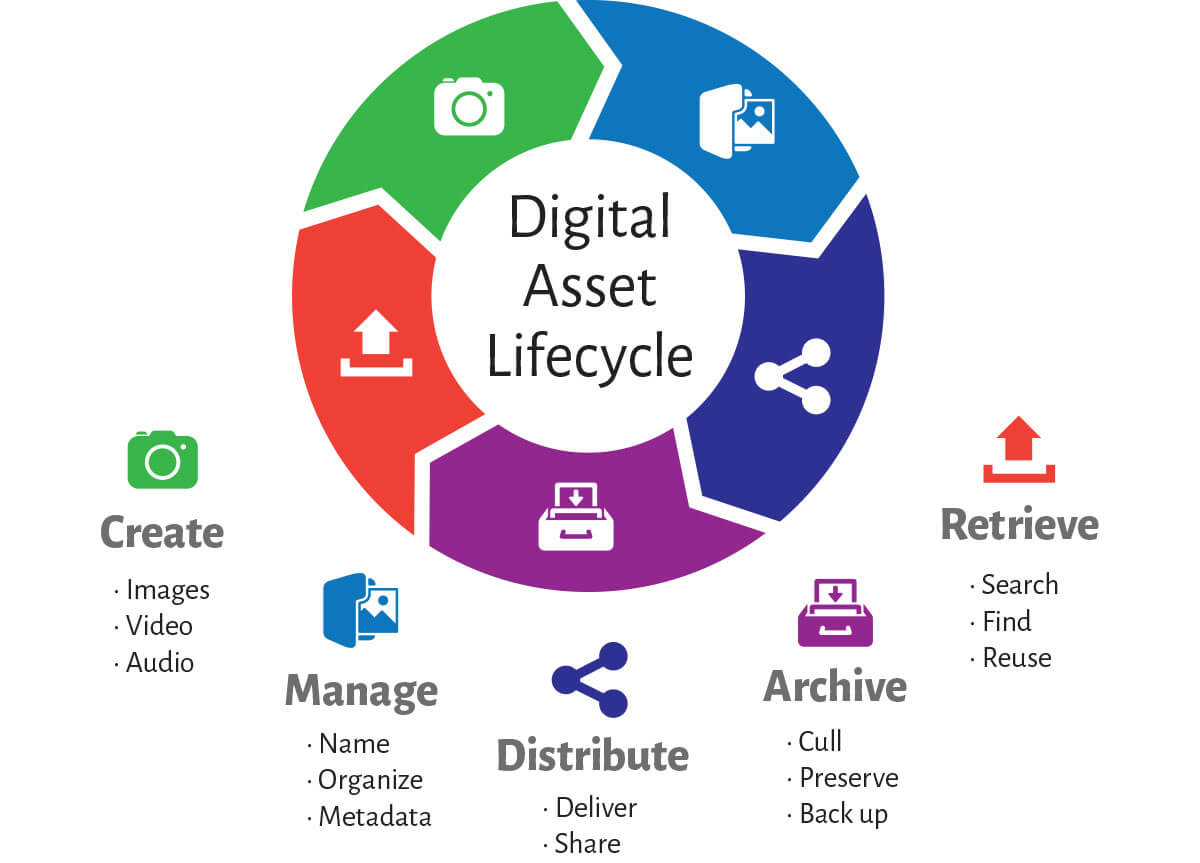Fintech represents the convergence of modern technology and financial services, creating an urgent need for an appropriate legal framework to regulate its development. In this article, CDR Counsels provides an overview of the current legal regulations governing fintech activities in Vietnam.
Vietnam is undergoing a sweeping financial revolution driven by the rapid rise of fintech. Alongside developed countries in the Asia-Pacific region such as China, Australia, and Singapore, Vietnam’s Fintech market is expanding rapidly, fueled by innovative business models and advanced technological applications.
According to Robocash Group, Vietnam is currently the fastest-growing Fintech market in ASEAN, second only to Singapore. The market’s transaction value surged from USD 4.4 billion in 2017 to approximately USD 18 billion in 2024—more than a fourfold increase in just seven years.

The number of Fintech companies also grew significantly, from around 40 in late 2013 to over 200 by 2024, with expectations of continued growth in the coming years.
Digital payments have become a common habit among Vietnamese consumers. According to the State Bank of Vietnam, in the first half of 2024, the number of cashless transactions increased by over 58%, while the total transaction value rose by 35%. Notably, QR code payments doubled in both frequency and total value.
A Visa survey revealed that: 76% of Vietnamese consumers use e-wallet, 82% prefer using cards over cash, over 80% of users make weekly payments via QR codes, e-wallets, and cards

>> LEARN MORE: What Are the Requirements for Enterprises to Provide Intermediary Payment Services in Vietnam?
Virtual bank cards: Integrated into smartphones, enabling fast, secure, and easily managed payments
Embedded finance: Banking services integrated directly into e-commerce platforms, social networks, and messaging apps
Digital banking and e-wallets: Rapid growth driven by widespread smartphone and internet access
Blockchain and digital currencies: Expanding applications in payments, security, and investment
Financial AI: Supporting data analysis, user behavior prediction, and service optimization
Fintech is not only transforming how Vietnamese people use money, but also unlocking major opportunities for businesses, investors, and traditional banking institutions to enhance customer experience and expand their markets.

>> LEARN MORE: Conditions for establishment and operation of foreign bank branches in Vietnam
Vietnam’s financial technology (Fintech) market is growing rapidly, with activities concentrated in six main areas:
Fintech enables users to conduct fast transactions through e-wallets, online transfers, and payment apps. Popular platforms such as MoMo, ZaloPay, Viettel Money, and ShopeePay offer convenient, secure, and cashless payment experiences.
Digital banking in Vietnam is still in its early stages. These banks provide fully online services such as account opening, deposits, loans, and account management via mobile apps or web platforms. Notable platforms include VPBank NEO, Cake by VPBank, OMNI, VCB Digibank, MB Bank, Timo Digital Bank, TPBank Digital, and BIDV SmartBanking.
A key feature is the widespread use of electronic Know Your Customer (eKYC) technology, allowing users to verify their identity remotely without visiting a physical branch.

P2P lending connects borrowers and investors directly through digital platforms, bypassing traditional financial intermediaries. Since 2015, the first P2P lending platforms have emerged in Vietnam.
By 2023, over 100 companies were active in this field, including officially launched and pilot-stage platforms such as Tima Group JSC, Trust Circle Co., Ltd., Wecash Vietnam Technology Co., Ltd., and InterLoan JSC. Most focus on consumer lending, with expansion into small businesses and household borrowers—considered high-potential customer segments.
>> LEARN MORE: What Businesses Need to Prepare to Renew a License for Provision of Payment Intermediary Services
Fintech leverages artificial intelligence (AI) and big data to provide investment advisory services, automated portfolio management, and market analysis. As of late 2022, around 16 companies were operating in this sector in Vietnam.

Insurtech is gradually expanding in Vietnam, using technology to digitize the processes of purchasing, underwriting, and claims settlement. Several companies have launched digital insurance models via mobile apps, integrating AI to enhance user experience and optimize service delivery.
Fintech platforms offer trading services for digital assets such as Bitcoin and Ethereum, and apply blockchain technology to improve transparency and security. Although cryptocurrencies are not legally recognized as a form of payment in Vietnam, this sector continues to attract strong interest from the tech investment community.
>> LEARN MORE: Comprehensive Q&A on dispute resolution in Vietnam by CDR Counsels on Lexology Panoramic Guide.
As of July 2025, Vietnam has issued several key legal documents that establish a regulatory foundation for the development of financial technology (Fintech). The main documents include:
This law officially introduced the controlled trial mechanism (sandbox) under Article 106. It allows organizations offering financial products and services based on new technologies to participate in limited-scope and time-bound trials under the supervision of state regulatory authorities.

Although not directly regulating Fintech activities, this decree covers several related aspects, including:
These provisions help form a legal corridor for popular Fintech segments such as e-wallets, QR code payments, mobile banking, and other digital payment platforms.
>> LEARN MORE: Opportunities and challenges when participating in the regulated sandbox mechanism in vietnam's banking sector
On April 29, 2025, the Government issued Decree No. 94/2025/ND-CP, establishing a sandbox framework to pilot new Fintech products, services, and business models in the banking sector under the supervision of the State Bank of Vietnam (SBV).
Scope of the sandbox includes three areas:

Eligible participants include:
Participation requirements:
Trial duration and scope:

>> LEARN MORE: What Are the Requirements for Enterprises to Provide Intermediary Payment Services in Vietnam?
CDR Counsels is ready to accompany businesses in preparing application dossiers, assessing the suitability of proposed solutions, and providing legal support throughout the process of participating in the regulatory sandbox. Contact us for detailed consultation!